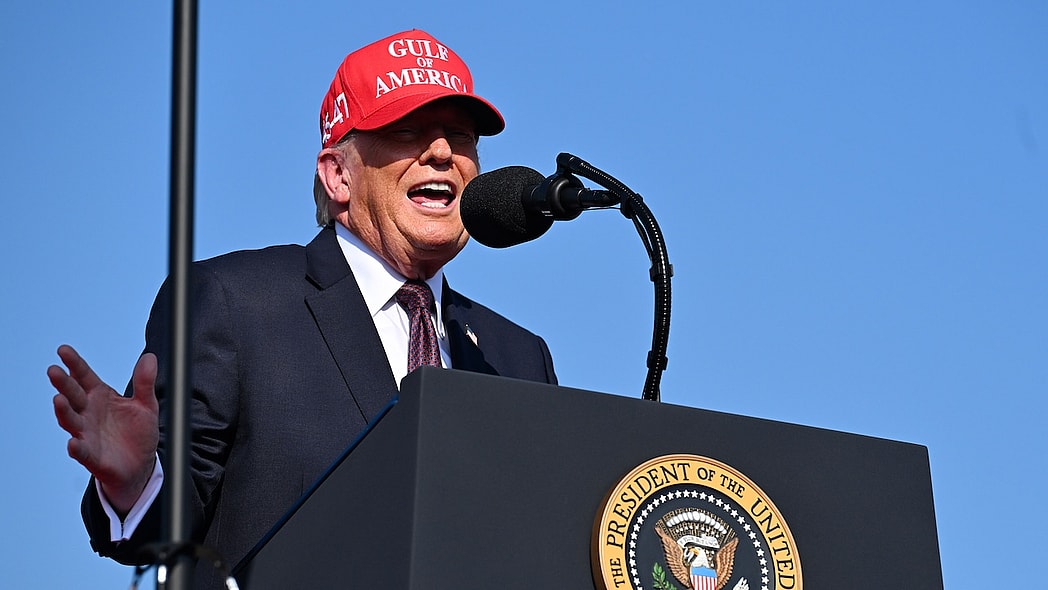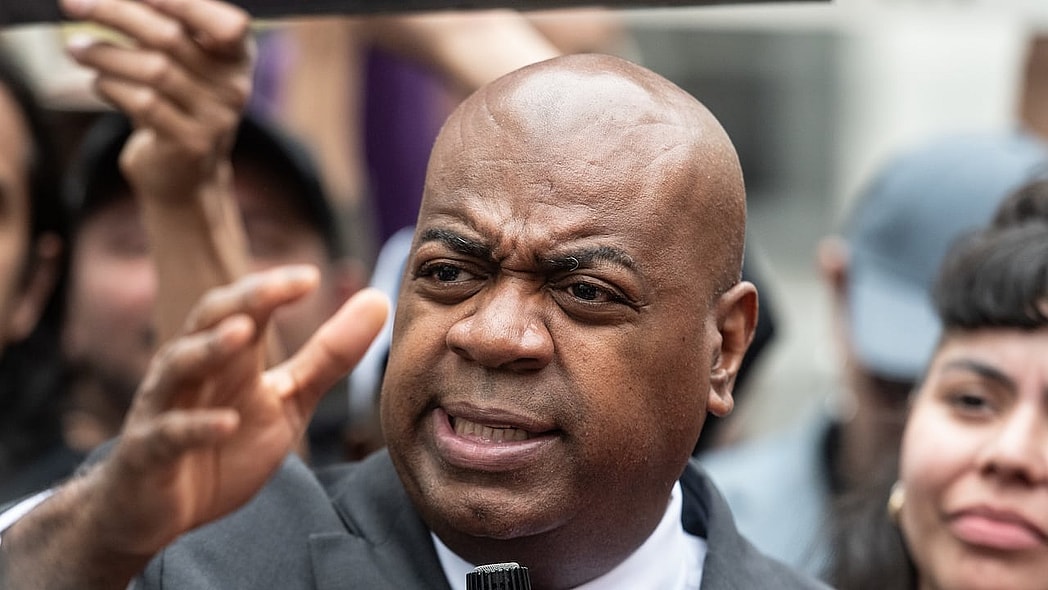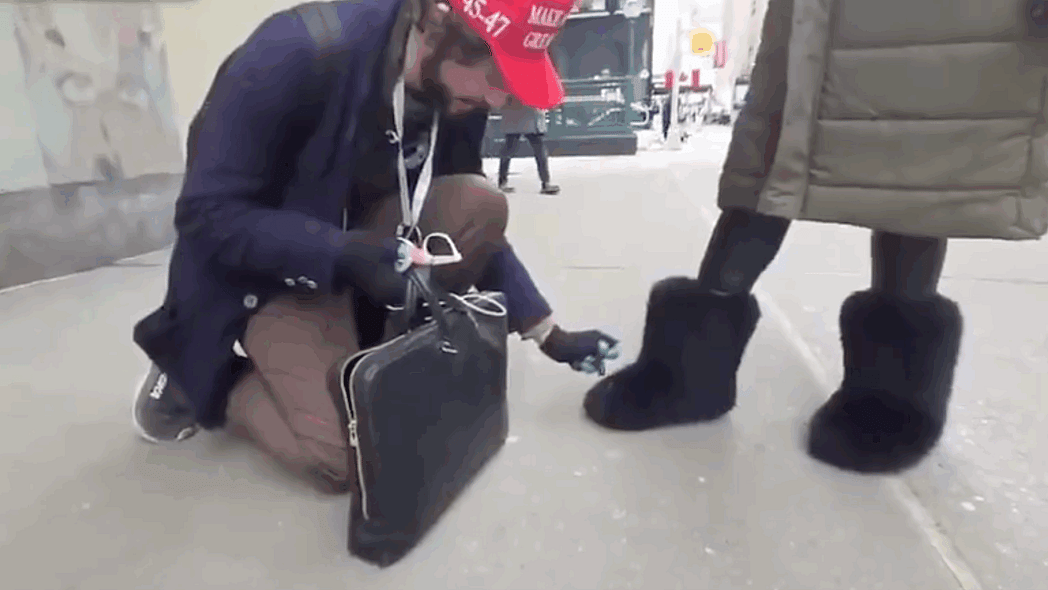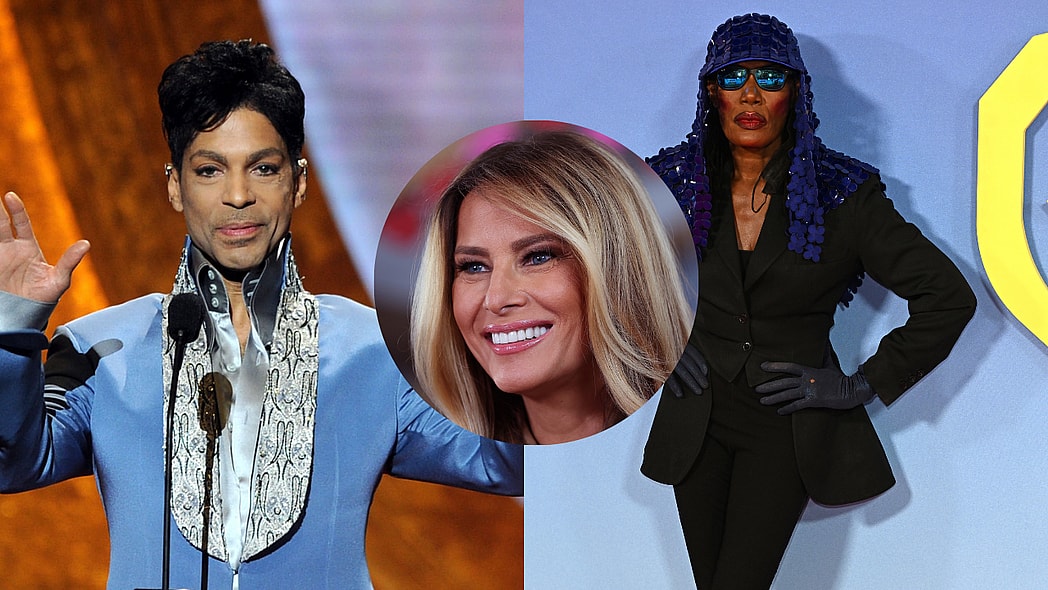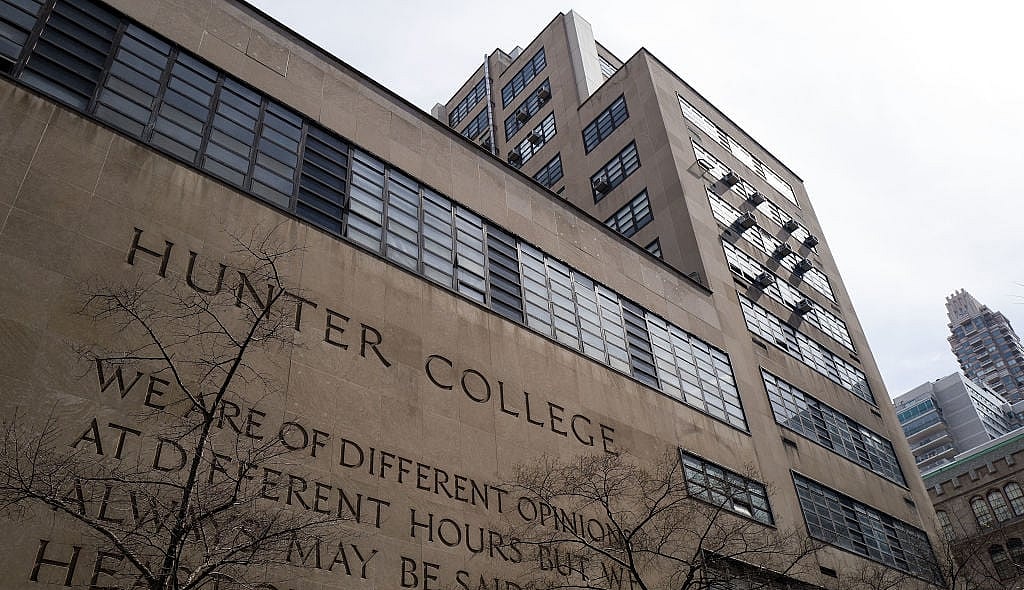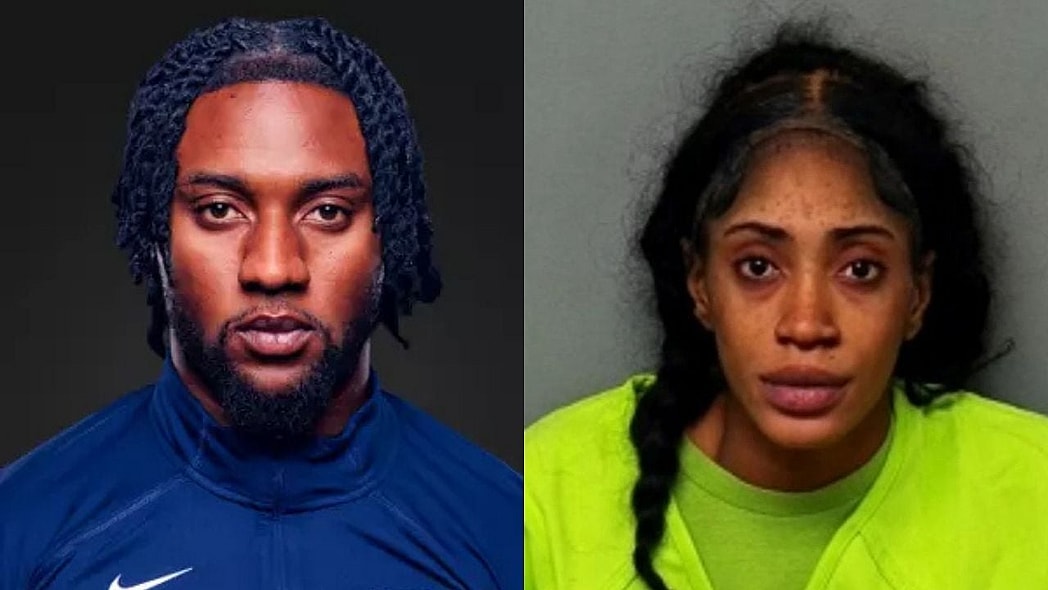Editor’s note: The following article is an op-ed, and the views expressed are the author’s own. Read more opinions on theGrio.
It is both possible that Black people believe in conspiracy theories, and that Black people have centuries of firsthand experience with real-life conspiracies waged against them. But in the end, can we really call them conspiracy theories when the receipts for actual conspiracies are plentiful and readily available?
A study from the Pew Research Center found that majorities of Black people believe in ‘racial conspiracy theories,’ specifically that American institutions are designed to hold them back. Pew defines “racial conspiracy theories” as “the suspicions that Black adults might have about the actions of U.S. institutions based on their personal and collective historical experiences with racial discrimination.”
(After the study was published, Pew later added an editor’s note to its report stating that the study is under review, and using the term “racial conspiracy theories” was “not the best choice” to make. “Black Americans’ doubts about the fairness of U.S. institutions are accompanied by suspicion. How Black Americans think those institutions impact their ability to thrive is worthy of study, and that’s the purpose of this survey,” the Pew editor said.)
According to Pew, Black people believe U.S. criminal justice, economic and political systems are conspiring against them. For example, a majority of Black adults say U.S. prisons (74%), the courts (70%), the political system (67%), the economic system (65%), news media (52%) and health care system (51%) are designed to hinder the progress of Black people.
The study says that most Black people are aware of specific racial conspiracy theories — such as the idea that more Black people are incarcerated because prisons want to profit from Black bodies — and believe they are true.
News
There is a long list of reasons why Black America should be critical and suspicious of American institutions and believe the system is set up against them. Where do we begin, and do you have the time?
The trans-Atlantic slave trade, the reason many of us are here, is a prime example. The slave trade was most certainly a conspiracy by white elites to get paid through mass kidnap, trafficking, rape, torture and forced labor.
In South Carolina — where over 40% of enslaved Africans entered America through the port of Charleston, and where my family has remained for over 300 years — the state department of education has eliminated the teaching of Advanced Placement African American Studies in high school. This move follows a trend across the country by white nationalists to criminalize or otherwise ban Black knowledge, history and books. Hide the evidence of the crime, and you silence the calls for justice and reparations or at least make the best effort to shut it down.
White supremacy and institutional racism have always involved regulating what and whether Black people can read and controlling the voting rights of Black people. That’s a conspiracy. Nearly 60 years since the passage of the Civil Rights Act, voting rights for Black people are under assault by red states, the Supreme Court and white nationalist lawmakers in the so-called land of the free. Voter suppression, disenfranchisement and purging of voter rolls are the name of the game, as Congress refused to pass The John Lewis Voting Rights Advancement Act, legislation that would have restored the protections of the Voting Rights Act.
The Tuskegee Syphilis Study — a conspiracy and not a conspiracy theory by the federal government to withhold treatment to hundreds of Black men with syphilis and allow them to suffer in pain and even die — is an example of a long history of unethical medical testing on the Black community. Medical racism is real, from the gynecological experiments performed on enslaved Black women without anesthesia, to the present-day conspiracy that makes Black families suffer from the highest maternal mortality and infant mortality rates in America.
And consider the conspiracy to steal Black land and hoodwink and bamboozle the Black farmers, with the loss of countless acres through corporate trickery, fraudulent contracts, the law and government policies, Klan violence and lynching. Black communities such as Greenwood in Tulsa, Oklahoma, and Rosewood, Florida, were targets of white mobs and Ku Klux Klan violence but also the white establishment that wanted to undermine and steal Black wealth.
The two remaining survivors of the 1921 Tulsa Race Massacre will not receive reparations because the Oklahoma Supreme Court dismissed their lawsuit and sided with the city of Tulsa, which was allegedly complicit in the massacre that killed hundreds. Now that’s institutional racism. Black people in Greenwood were victims of aerial bombings, as were the victims of the 1985 MOVE bombing in West Philadelphia that killed five children and six adults and burned down 60 homes.
Years of redlining and policies to racially segregate Black people and deny them mortgages and devalue their homes are a conspiracy that continues today. And let us not forget the ongoing government conspiracy to shortchange land-grant HBCUs by billions of dollars compared to their white college counterparts over 150 years.
Remember, these racial disparities in education are not conspiracy theories because the conspiracy is real. And these crucial Black institutions and their students are struggling in the process. Black Americans do not need a report to tell them this.
The Pew study reminds me of Sam Forster, the white author who went undercover posing as a Black man for his book, “Seven Shoulders: Taxonomizing Racism in Modern America.” Wearing an afro wig and essentially stepping out in blackface to find out what it’s like to be melanated folk — the same thing was done over 60 years ago with John Howard Griffin’s memoir, “Black Like Me” — Forster could have saved himself some time and talked to Black people, maybe read some books and articles about racism written by Black authors, scholars, thinkers and practitioners.
In other words, tell us you don’t know any Black people — or anything about Black people — without telling us you don’t know any Black people. Black America does not need reporting from a white author disguised as a brother to understand the toll that white supremacy has taken on Black people. After all, we can tell you ourselves. Ultimately, white America does not need this information because they create and maintain the systems of racial oppression and exploitation that drive us into the ground and out of our minds — and the systems are operating exactly as designed.
“To be a Negro in this country and to be relatively conscious is to be in a state of rage almost, almost all of the time — and in one’s work,” James Baldwin said. “And part of the rage is this: It isn’t only what is happening to you. But it’s what’s happening all around you and all of the time in the face of the most extraordinary and criminal indifference, indifference of most white people in this country, and their ignorance.”
And when Black people march and protest to change the institutions that oppress them — as they did during the George Floyd summer of 2020 — the response is kneeling Congressmembers in kente stoles and empty corporate promises, followed by a return to the 1950s racial hierarchy, the defunding of DEI programs, no venture capital for Black women-owned businesses and more police.
While Pew has published many outstanding reports, no one asked for a study to inform us that Black Americans believe in racial conspiracy theories that undermine us, much less a report that insults our intelligence and suggests it’s all in our heads and we’re making up all this stuff.

David A. Love is a journalist and commentator who writes investigative stories and op-eds on a variety of issues, including politics, social justice, human rights, race, criminal justice and inequality. Love is also an instructor at the Rutgers School of Communication and Information, where he trains students in a social justice journalism lab. In addition to his journalism career, Love has worked as an advocate and leader in the nonprofit sector, served as a legislative aide, and as a law clerk to two federal judges. He holds a B.A. in East Asian Studies from Harvard University and a J.D. from the University of Pennsylvania Law School. He also completed the Joint Programme in International Human Rights Law at the University of Oxford. His portfolio website is davidalove.com.



